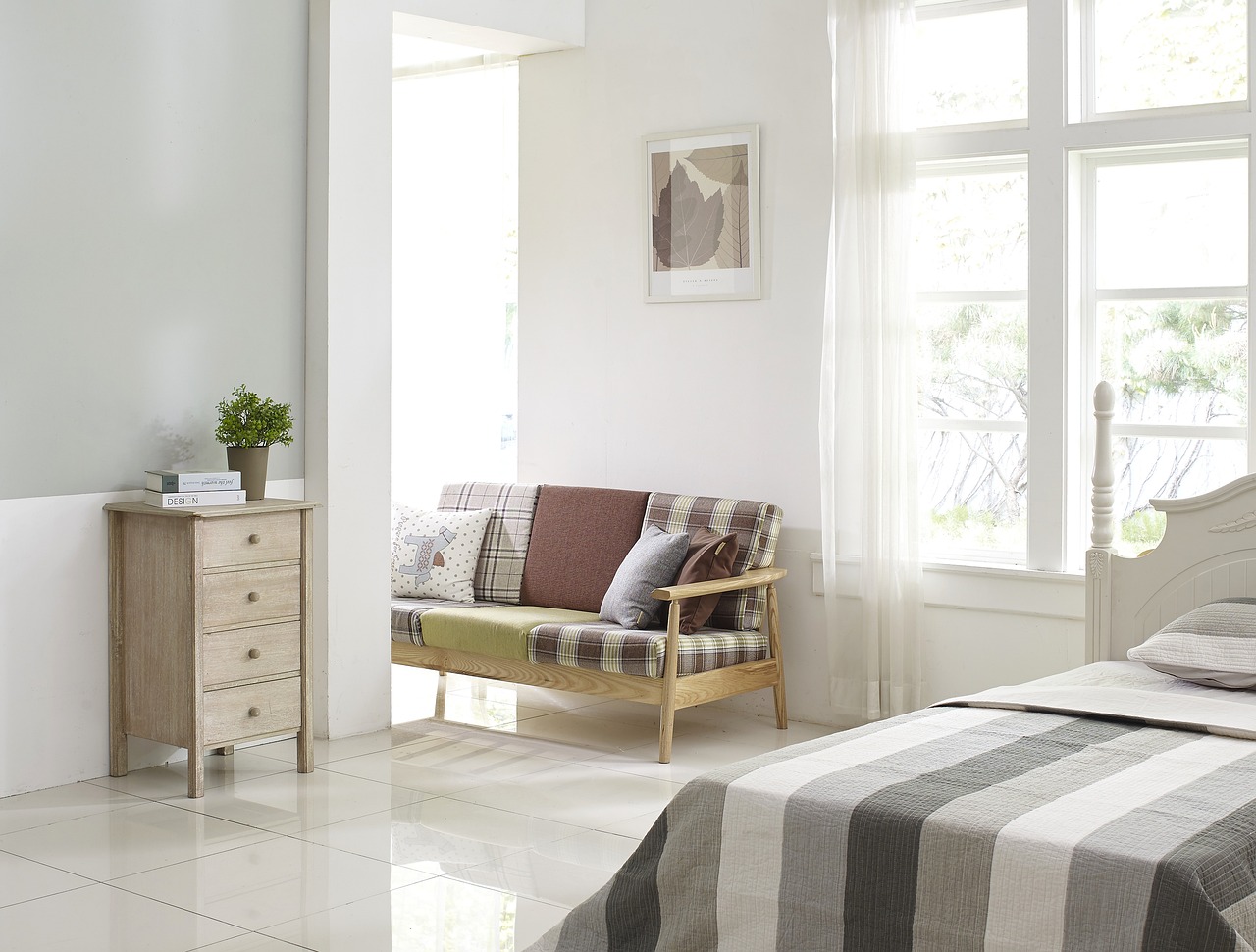

Secured Loans
Secured Car Loans
A secured car loan is a personal or consumer loan where the finances advance the customer funds for the purchase of a vehicle and secures against the vehicle. Put simply, the financier loans you the money to purchase a vehicle and the financier will take an ‘security’ over the asset. Once the contract is complete, the financier will release their ‘security’ over the asset.
With a car being the second largest purchase you make, going to the dealership and using their finance is not always the best avenue. As dealerships talk about ‘the rate’, these are often honeymoon specials or only for limited vehicles. We have access to see what your fixed rate would be and give you a set monthly payment so that your budget.


Asset & Equipment Loans
For our ABN holders, we can assist with primary, secondary and tertiary assets. Here we can offer a ‘Low Doc’ loan if you are a property owner and have a credit score greater than 550. This helps our small to medium clients gain access to their utility to tools of the trade without financials. Clients with short ABN and good credit score can still gain access to get you moving again.
To assist with working capital, we can offer balloons and residuals for our commercial clients across 36, 48 and 60 month terms.
Personal Loans
We understand that COVID has impacted your way of life and your valuable memories have been put on hold. Our personal loan products allow you to do that wedding or go for that holiday. Maybe you have already splurged, with credit cards and personal loans hurting a little. CPL is able to consolidate that into one facility to get you back on track.


SMSF Loans
It’s a hot topic at the moment and we not only set these up but assist in the compliance and management of the fund. An SMSF is a private super fund that you manage yourself. It gives members control, flexibility, and choice of how their retirement savings are being invested. There are specific guidelines as to who can be a member of an SMSF, such as ATO
disqualifications or age restrictions.
As we are experts in Tax and Registered with ASIC, we can set this up and generate a strategy based on your superannuation balance, the type of assets you would like to invest in and how active you would like to manage the fund.
SMSFs provide an effective way of protecting their members’ assets against any future risk of bankruptcy or other claims by creditors. Hence, they can be very attractive to professionals
and business owners as they are not considered ‘property’ under the Bankruptcy Act. As we can set these Funds up, we can also help with the Property, be it Residential or Commercial, to drive your investment further.
Deposit Bonds
Typically used when the client does not have enough cash handy for a deposit. It’s used as an alternative. Deposit Bonds are used instead of cash to pay a deposit when buying a home.
Expect to pay a fee based on the percentage of the deposit bond amount. When buying a property, you need to pay 5-10% deposit on the day you sign the contracts (or the day of the auction). But if you cannot access the cash you need for a deposit, then a deposit bond can cover you temporarily. A Deposit bond is a Guarantee that you will pay the cash at settlement, rather than upfront.
This type of finance is helpful to solve the issue of ‘How do I find money to buy a new house when I haven’t yet sold the current one and don’t wish to buy until I can find one’. They also act as a function for those who are asset rich, but cash poor.
Auction Buyers: A deposit bond can give the convenience of not budgeting for the auction you attend
Property Owners: A deposit bond is helpful for those who are buying and selling at the same time, with equity tied up in existing property
Off The Plan Buyers: A deposit bond can be useful as you can delay having to come up with the deposit until settlement
First Home Buyers: As first Home buyers are typically in a lower financial position, with less confidence in the process
Naturally, there are fees and charges. The cost of a Deposit Bond is determined by the property value and the amount of time until settlement. For example, A property purchase of $830,000 will require a 10% deposit. With fees of 1.2-1.3% it would cost around $1079 for a deposit bond with a 6 month term.
Benefits
- Convenience is the primary reason it is utilised
- Long settlement periods of 6-48 months suits those who are buying off the plan or vacant land properties.
Risks
- Some contracts are written that do not allow a deposit bond in lieu of cash.
- Vendors may wish for early release, which we recommend them, as they definitely provide more options to and are beneficial to wider range of clientele.
